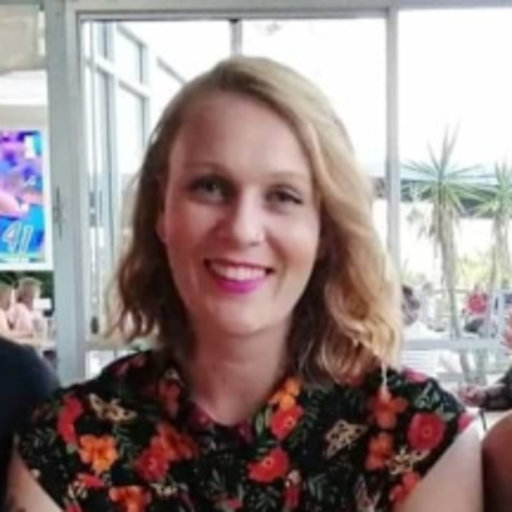Gambling Treatment Clinic - University Of Sydney Parramatta Nsw
Dr Sally Gainsbury is the Co-Director of the University of Sydney Gambling Treatment and Research Clinic, Associate Professor in the School of Psychology, and Founder and Leader of the Technology Addiction Team within the Brain and Mind Centre. Her research focuses on understanding the impact of technology on gambling and addictions with the aim of developing harm minimisation strategies, including utilising technological advances. Dr Gainsbury is the Editor of the peer-review journal International Gambling Studies and has won numerous awards for her research including being 2019 NSW Tall Poppy of the Year, Vice Chancellor Early Career Research Excellence Award (2018) and an Australian Research Council Discovery Early Career Research Award (2016).
Among the initiatives is a new website which, being developed by the University of Sydney Gambling Treatment and Research Clinic, will enable consumers to self-exclude from multiple gambling venues. The project, which will receive AU$176,400 in funding, builds on the state's current self-exclusion technology by allowing players to voluntarily. The $263,000 tender was won by the University of Sydney's Gambling Treatment Clinic, which after some delays delivered its report to the government in December 2015.
An online gambling pilot program launched today by the Gambling Treatment and Research Clinic incorporates effective treatments used in the clinic, for people at home who have started to notice they have a problem.
Initially delayed because of COVID-19, an at-home online pilot gambling treatment that incorporates effective in-clinic treatments is being launched today, during GambleAware Week.
The free pilot, which is available to anyone in NSW is being run by the University of Sydney’s Gambling Treatment and Research Clinic (GTRC) at the Brain and Mind Centre. This program is supported by the Office of Responsible Gambling and funded by the NSW Responsible Gambling Fund.
The GTRC’s senior clinical supervisor, Dr Christopher Hunt, said people interested in participating in the pilot should get in touch and that in-person support was also available for people with complex problems.
It is expected that the program, aimed at people who are just starting to notice they have a gambling problem, will launch as an official trial next year.
“The pandemic has had a range of impacts on people’s mental health, and the area of problem gambling has not been immune,” said Dr Hunt, from the School of Psychology in the Faculty of Science.
“COVID-19 has highlighted that psychologists need to change the way we think about problem gambling and update the way we work to deliver our services.”
Gambling Treatment Clinic - University Of Sydney Parramatta Nsw University
The GTRC will evaluate the effectiveness of the online self-directed treatment option, compared to receiving face-to-face treatment.
Gambling Treatment Clinic - University Of Sydney Parramatta Nsw Australia
The self-directed program, which was developed by GTRC deputy director, Dr Fadi Anjoul, based on the treatment for problem gambling that he developed, rejects the historical understanding of gambling as a ‘brain disease’. Instead, it focuses on helping individuals become aware of unnoticed patterns-of-thought, and then explains how reducing desire to gamble in the future is something that can be trained.
Gambling Treatment Clinic - University Of Sydney Parramatta Nsw Map
Dr Anjoul says: “Traditional treatment approaches focus on managing uncontrollable urges, but there is no need for anyone to struggle with managing an urge to gamble if they understand how to prevent it from occurring.
“We will of course continue to offer our more intense, face-to-face treatment options for those with more complex needs.”
Dr Hunt adds: “GambleAware Week is really the perfect time to launch this new treatment option, as that is what we want – for people to become more aware of why they gamble, and what they can do to change their gambling habits.”

Gambling Treatment Clinic - University Of Sydney Parramatta Nsw Harbour
About the online program
Those who want help are screened via a quick initial conversation with a psychologist. If they meet certain criteria regarding their gambling and their mental health status, they would then be given access to the program, which they could work through any time and any place that is convenient for them. This would be accompanied by regular phone calls with a psychologist to offer support and check on their progress.
The program consists of five sections, containing a series of videos, demonstrations, and quizzes. They include simulations of gambling sessions, an estimate of a person’s lifetime gambling losses, and myth-dispelling; for example, about how outcomes are programmed into the machine.
The program is designed to be completed over four to six weeks, taking approximately one hour a week. The program is free and open to NSW residents until the end of 2021.
For more information, and to express interest in participating in the program, people can contact the clinic on 1800 482 482, or email Dr Christopher Hunt.